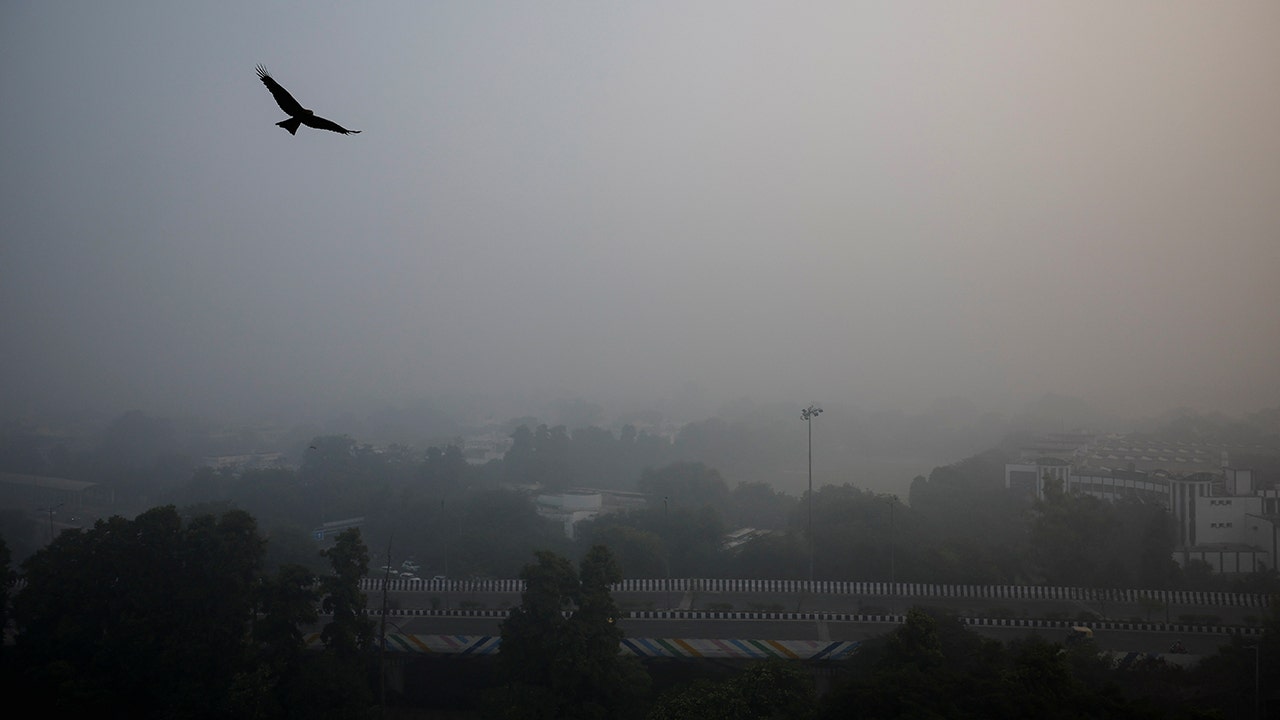Since 2004, when the system was set up, there have been two famines, according to that definition. In 2011, the I.P.C. declared famine in parts of Somalia, which had endured decades of conflict. Years of drought wrecked the agricultural sector and the economy, forcing many people to leave their homes in search of food. At the same time, an Islamist insurgent group blocked starving people from fleeing and forced out Western aid organizations. In all, around 250,000 people died.
Six years later, a famine was declared in parts of South Sudan. The country had suffered years of drought, but the U.N. said that the famine was human-made. Millions of people had fled because of a civil war, destroying the country’s economy, and rebel forces and government soldiers blocked aid and hijacked food trucks. Tens of thousands died.
Gaza is small and mostly urban, so food should be close at hand.
Gaza is just 25 miles long and largely urban, and there is no shortage of food on the other side of its borders, with Israel and Egypt.
Still, aid agencies have found doing their jobs difficult. Six months of war have included the killings of scores of aid workers, including seven from World Central Kitchen, the relief group founded by the chef José Andrés. Those employees were killed by an Israeli drone strike on April 1 after delivering tons of food to a warehouse.
There is a sharp disagreement in Gaza between the U.N. and the Israeli government about how much aid is entering Gaza each day, but aid organizations say they need better access, particularly to northern Gaza. The Israeli authorities have repeatedly denied permission for aid convoys to move within Gaza, they say.
Arif Husain, the chief economist at the World Food Program, said that what made the situation in Gaza so shocking was the scale and severity of the crisis and how quickly it had developed.
Israel claims it has placed no limits on aid. Critics disagree.
Critics of the way Israel is conducting the war say that the hunger crisis derives largely from Israeli restrictions on where trucks can enter and from an onerous inspection process. Some have accused Israel of slowing aid down to punish Gazans for the Oct. 7 attack.
Israeli officials say they have placed no limits on the amount of aid that can flow into Gaza. They blame the U.N., particularly UNRWA, the main agency that helps Palestinians, for failing to distribute aid effectively.
COGAT, the Israeli agency responsible for coordinating aid deliveries into Gaza, says that it has “surged” deliveries in recent days and is opening an additional entry point in northern Gaza. More broadly, the Israeli government holds Hamas responsible for all civilian suffering in Gaza. (UNRWA said last month that Israel had denied the group access to northern Gaza, though Israel has rebutted that claim.)
Governments around the world have urged Israel to address the crisis quickly. President Biden last week warned that the United States could withhold support for Israel if it did not ensure adequate aid deliveries and protect civilians. On Wednesday, Mr. Biden said that the steps Israel had taken since then were “not enough.”
Adam Sella contributed reporting.





